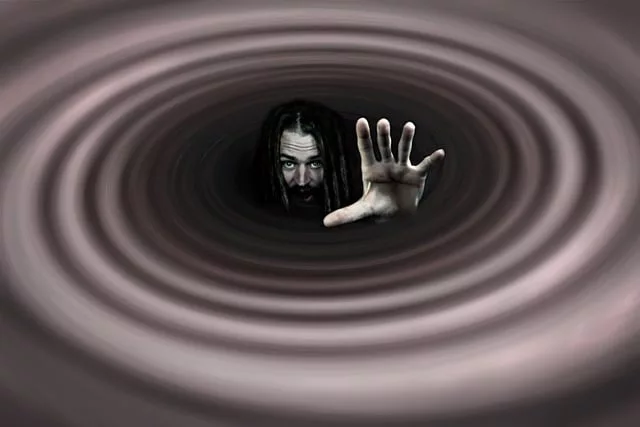Though the scientific and medical communities came to the same consensus approximately 40 years ago, it bears repeating; that addiction is a chronic, sometimes fatal disease that alters the chemistry of the brain. It causes compulsive, drug-seeking behavior despite negative consequences or an individual’s intense desire to stop abusing a given substance.
Yet, unlike other chronic diseases, such as diabetes, cancer or Crohn’s, medical treatment for addiction is often deemed unnecessary, as if a person afflicted with alcoholism should simply grab their bootstraps, pull them up and stop drinking.

“Typically, what a lot of people have been told to do are go to a lot of Alcoholics Anonymous or Narcotics Anonymous meetings,” James McKay told the New York Times.
McKay, the director of the University of Pennsylvania’s Center on the Continuum of Care in the Addictions, like the vast majority of clinically trained addiction specialists understands that while AA and NA have their place in after-care, the 12 Steps are not a medical approach to treating addiction.
Just three years ago, the Substance Abuse and Mental Health Services Administration (SAMHSA) reported an estimated 8.1 percent of the U.S. population – 21.5 million plus people – aged 12 and older were classified as having substance use disorders.
The numbers have likely increased due to the crisis of opioid addiction cutting its way across the country. An even starker statistic, however, is of the millions of people who need treatment, only about 11 percent – 2.5 million people – receive it, according to the National Institute on Drug Abuse (NIDA).
In comparison, an estimated 5 million people are referred to 12 Step programs, like AA or NA, each year.
Non-12 Step Rehab Programs
Addiction treatment at a non-12 Step rehab facility starts with an evidence-based approach, meaning clinically trained specialists and physicians consider proven therapies based in medical and scientific research. This type of treatment is multifaceted and can include some of the following:
- Medication Assisted Treatment
- Chemical withdrawal under qualified medical supervision
- Counseling Services
- Motivational Enhancement Therapy (MET)
- Cognitive Behavioral therapy (CBT)
- Individualized treatment plans
- Secular after-care programs
What’s the Role of 12 Step Groups like AA and NA?
Groups like Alcoholics Anonymous can play a vital role in providing a person with a community of other people in recovery, most especially after treatment at a non-12 Step facility. Being surrounded by a mix of peers who have experienced, or are still coping with similar struggles, can be very helpful for long-term recovery.
For some people though, AA’s and NA’s insistence on finding or using a higher power is not a perfect fit.
For this reason, some non 12 Step treatment centers like Inspire Malibu provide alternatives to AA and NA, such as SMART Recovery, which is completely secular, and Twelve Step Facilitation which helps guide their clients into a 12 step program after they complete treatment.
This offers the best of both worlds – non-12-step treatment to begin recovery and 12-step groups for aftercare maintenance and support. One-on-one therapy and other non-12-step tools are learned during treatment that will better serve them when they transition to support groups.
“The field has finally really accepted the idea these are problems that are oftentimes chronic,” McKay told the New York Times, “and a lot of patients need long-term support if they are going to get better and stay better.”
Whether a person is doing research on addiction treatment approaches for himself, herself, or a friend or loved one, it’s important to understand the difference between non 12 Step and 12 Step programs. Addiction is a chronic disease that requires a multifaceted therapeutic approach guided by a clinically trained addiction specialist.
The ultimate goal for everyone, though is a successful recovery.
Related:
Medication Assisted Treatment Therapy
Evidence Based Treatment for Drug and Alcohol Addiction
Addiction Treatment: Research vs. Reality





